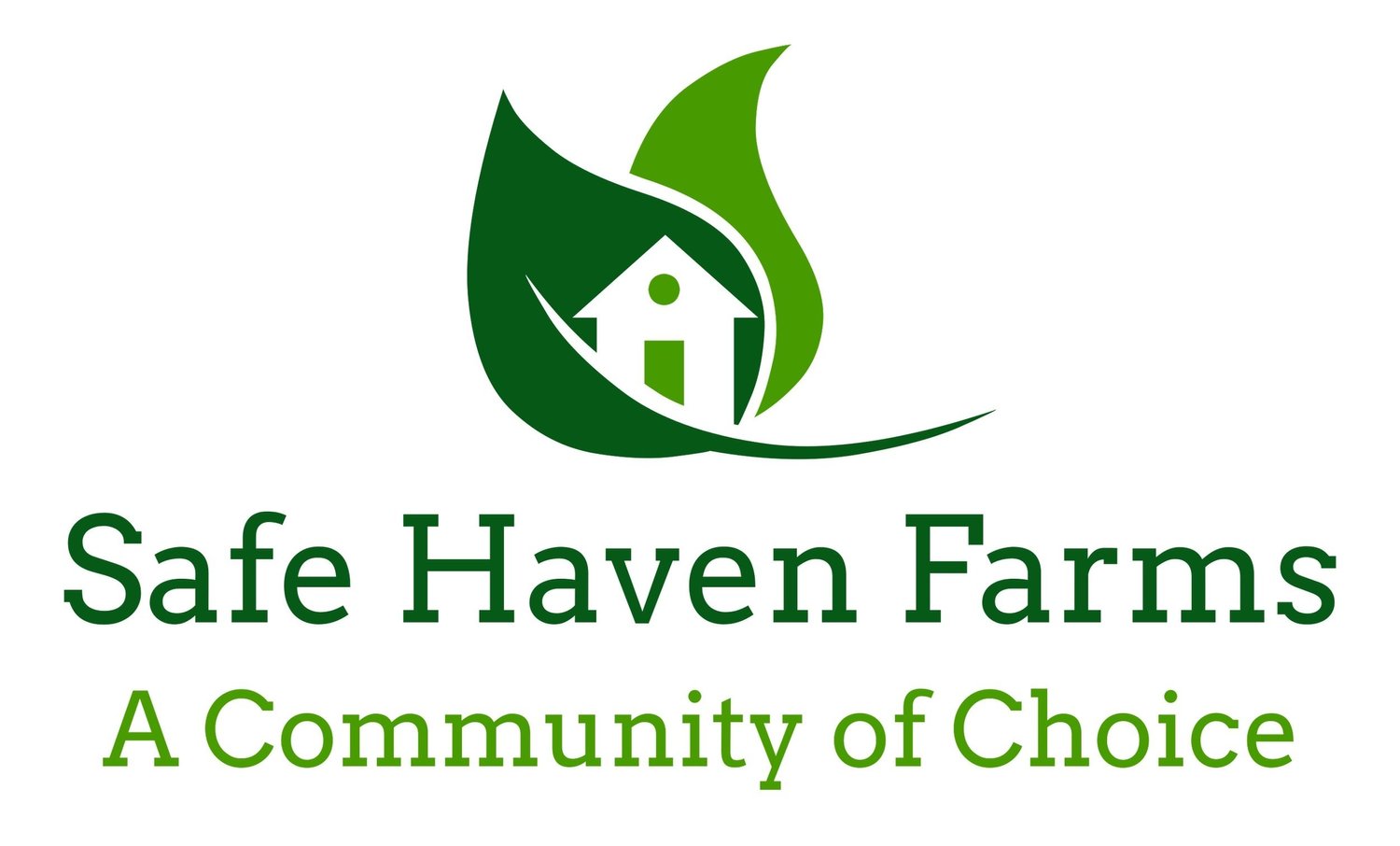What is autism?
Autism is a complex developmental disability that typically appears during the first three years of life and lasts throughout a lifetime. It is a result of a neurological disorder that affects the functionality of the brain. There is no known cause or cure. People with autism tend to have difficulty with social interaction and communication skills. They are likely to have repetitive, stereotypical behaviors and to not want change in their daily activities. Many have significant sensory sensitivities and challenging behaviors.
Autism is a "spectrum disorder" and covers a wide range of behaviors and abilities. People who have Autism, like all people, differ greatly in the way they act and what they can do. A symptom might be mild in one person and severe in another.
Autism Facts
Autism is the most common developmental disability, affecting 1 in 68 births.
Just one decade ago, the rate was thought to be 4-5 in 10,000 births.
Autism is the fastest growing developmental disability in the US, growing 10-17% per year.
The economic impact of autism is estimated at over $90 billion. Ninety percent of that is spent on adult services.
The costs are expected to more than double in the next decade.
Five children with autism are born in the USA every hour. That's 45,000 per year.
Autism is four times more prevalent in boys than in girls.
Characteristics of Some Individuals with Autism
Communication difficulties, lack of speech (up to 50% non-verbal or minimally-verbal)
Socialization issues
Sensory problems – auditory, tactile, motion … extreme sensitivities and reactions
Often have co-existing developmental disabilities
Constant anxiety & defensiveness … especially in unfamiliar settings and activities
Perceive no order to things … world is chaos
Need consistency, predictability and structure
Very visual learners, need structured teaching methods
Have difficulty with transitions … from one place to another or one activity to another
Sometimes exhibit repetitive behaviors as method of emotional “escape” from stress
Sometimes exhibit behavioral problems … usually due to high stress load and lack of communication skills
Individuals with autism view the world, words and events in unique manners. What is meaningful to most people may be extremely stressful and frustrating to people with a primary diagnosis of autism. For those needing continual supports, they may live “in” the community, but they are often not “of” the community. They do not always find safety, respect and acceptance as valued community members. They don't get to know their neighbors. Involvement in activities outside their homes is typically minimal. Home staff often has little or no training in helping people with autism, resulting in a lack of desperately needed continuity and consistency of services and in high rates of staff turnover.
Common sheltered workshop activities such as sorting, packaging and assembly have little meaning and hold little interest for individuals with autism. Compounding their stress is the fact that such environments usually have all the components of noise, crowding and distractions that cause them to feel threatened and totally overwhelmed. They can't filter and rank the chaos going on around them into anything meaningful. Each input of voices, movements and noises is of equal importance in their brain, due to their lack of filtering capability, which in turn results in sensory overload and attempts to escape into coping behaviors. The pastoral setting and activities of farm work and life with the planting, growing, harvesting and caring for animals has proven to have meaning and brings serenity to the lives of people with autism.
For more information about autism, see:
• Autism Society of America www.autism-society.org
• Autism Speaks www.autismspeaks.org


